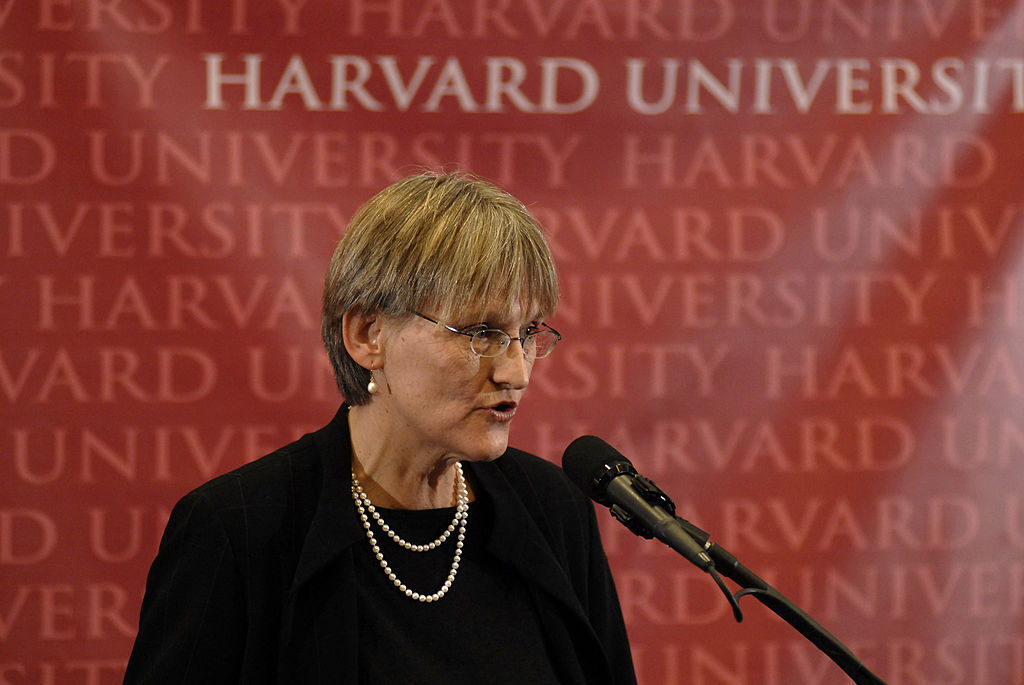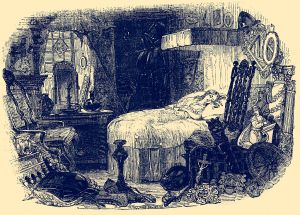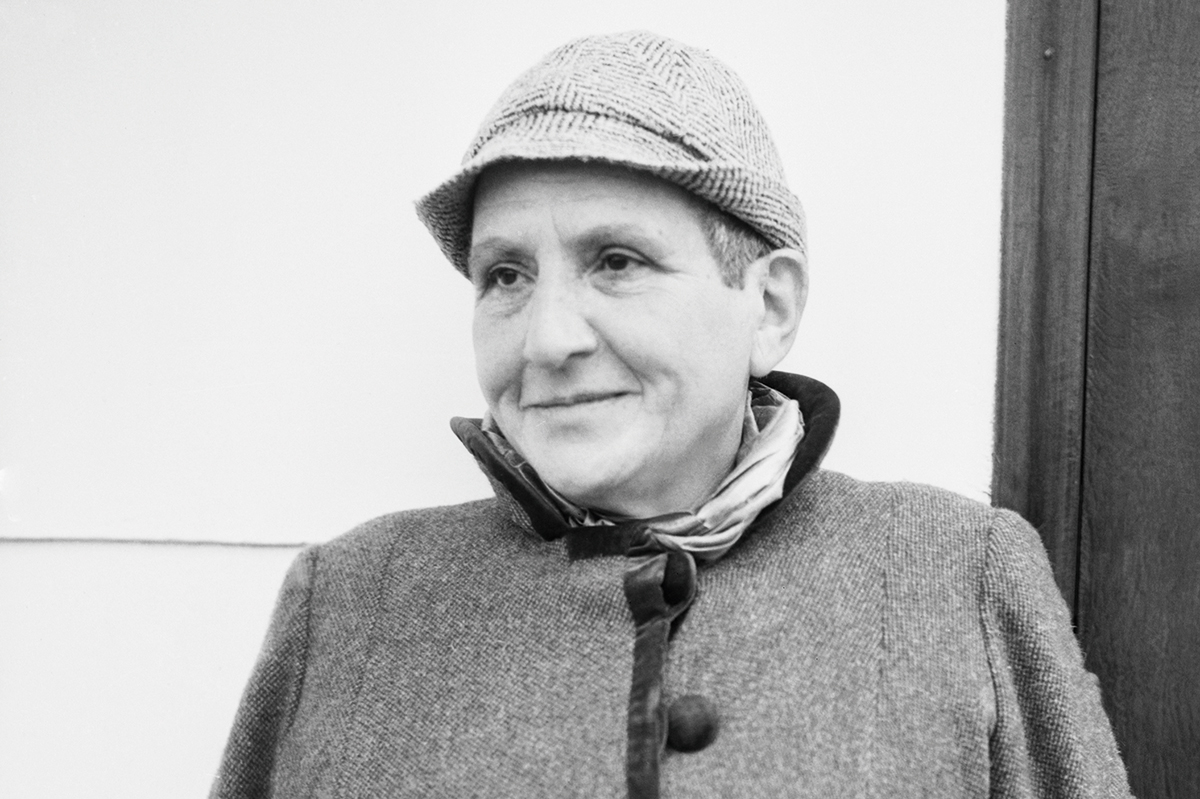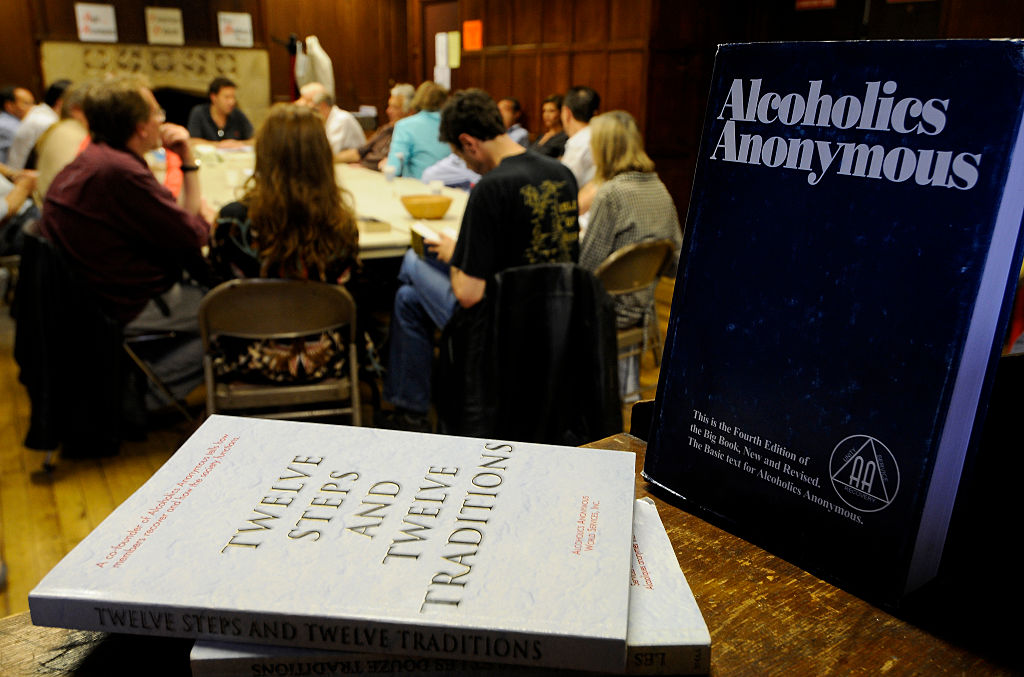In 1957, when Drew Gilpin Faust was nine years old and growing up in the Shenandoah Valley, she learned from the car radio that in Virginia, black children were forbidden by law from going to school with white children. Disturbed by this egregious instance of Jim Crow segregation, she sent a letter to the president. “Please Mr. Eisenhower,” she wrote, “please try and have schools and other things accept colored people.”
Young Drew’s sense of what was and wasn’t fair lay at the heart of her childhood rebelliousness, as well as her battle, as a young woman coming of age in the 1960s, against unjust social hierarchies. Rebellious but never quite a rebel — “One of my greatest challenges as an activist,” she writes, “was probably that I was too polite for the revolution” — Faust went on to become an eminent historian of the Civil War and the antebellum south; she was the first woman to serve as president of Harvard University.
Her later accomplishments don’t feature in her memoir, Necessary Trouble, which ends with our heroine, having just achieved her majority, casting a protest vote against Richard Nixon in the 1968 presidential election. (She backed a black candidate: the comedian and civil rights leader Dick Gregory.) No surprise that the child obsessed with fairness and the teenager blessed and burdened by “moral strenuousness” dedicated her life to history, to uncovering “the real meaning of the misrepresented past.”
Gender, race and privilege are Faust’s recurring preoccupations — the result of an honest, unsentimental assessment of her family — generations “steeped in the habits of affluence.” Her ultraconservative parents were wholly invested in the status quo, circa 1950. Her mother, who died young, possibly of undiagnosed anorexia, felt compelled to teach her only daughter “to be a lady, complete with the simultaneous privilege and subordination that destiny entailed.” Her handsome, emotionally distant father adopted a posture of “benevolent paternalistic concern” toward the black servants on his property, though as a hood ornament on his car he had a miniature statue of Robert E. Lee mounted on Traveller.
Their daughter saw through them, recognizing the brittle dissatisfaction behind her mother’s refrain, “It’s a man’s world, sweetie.” Her father’s benign paternalism failed to disguise the injustices of southern race relations, where prejudice was “hidden beneath a surface of politeness and civility that scarcely masked the assumption of superiority, of greater intelligence, of entitlement.”
Her first and crucial act of rebellion was to secure an education away from the family home. At a girls’ boarding school in New England she learned to think about “Big Questions” and acquired, precociously, a “moral strenuousness” — the basis, it turned out, for a “considered life.” Faust’s intelligence, manifest on every page of this memoir, is inextricable from her desire to do the right thing.
As a child she’d been transfixed and horrified by the launch of the Sputnik satellite; in high school she endured, like all Americans, the acute anxiety of the Cuban Missile Crisis. When she was offered, in her senior year, the opportunity to spend her summer behind the Iron Curtain, meeting fellow students and discussing “foreign affairs and the means to avoid world war,” she naturally jumped at it.
As a freshman at Bryn Mawr (having already joined the SDS), she watched on TV the events of Bloody Sunday, the brutal beatings of civil rights protesters on the Edmund Pettus Bridge, and knew she had to join the ensuing protest march from Selma to the Alabama state capitol in Montgomery. She bears witness to that inspiring nonviolent demonstration.
Soon the war in Vietnam had captured her attention. She attended her first antiwar rally in April 1965, in Washington, and participated in so many more over the next half decade that she lost count. She remained at the Lincoln Memorial with the bulk of peaceful protesters in October 1967 when tens of thousands of “aggressive demonstrators” crossed the river and confronted soldiers of the 82nd Airborne on the steps of the Pentagon. “I had a kind of temperamental aversion,” she explains, “to intimidation and force.” But in 1968, when she was a senior at Bryn Mawr, there was no escape from violence:
I was eating ice cream at a party for graduating history majors… when someone rushed in to say that the Reverend Martin Luther King, Jr., had been shot and killed in Memphis, Tennessee… [T]his news was unthinkable: intolerable, not to be borne, received with the force of a bullet. The news physically hurt, made it almost impossible to breathe, left me doubled over.
The ferocity of the subsequent riots in more than a hundred cities seemed to threaten the foundations of civil society. “The war,” she writes, “was no longer confined to Vietnam; it had come to America.”
As she acknowledges, Faust survived the Sixties unscathed:
I did not disappear, like my friend Kit, into a Chicago jail and then into the Weather Underground; I did not blow myself up building a bomb… as one Bryn Mawr graduate a few years ahead of me did; I did not have to seek a back-alley abortion… I didn’t have to go to Canada or prison to escape the draft… I did not get beaten or killed in the South… I did not descend into the fantastical universe of mind-altering drugs.
A measure of caution in her character and a “sobering sense of responsibility,” as well as the privilege she readily acknowledges, kept her out of trouble — for which we should all be grateful. In Necessary Trouble she has given us a cogent, clear-eyed account of a violent, vexed era and a glimpse of the first part of a considered life. Perhaps some of her good sense and moral strenuousness will rub off, enough to help us cope with our own turbulent time.
This article was originally published in The Spectator’s September 2023 World edition.

























